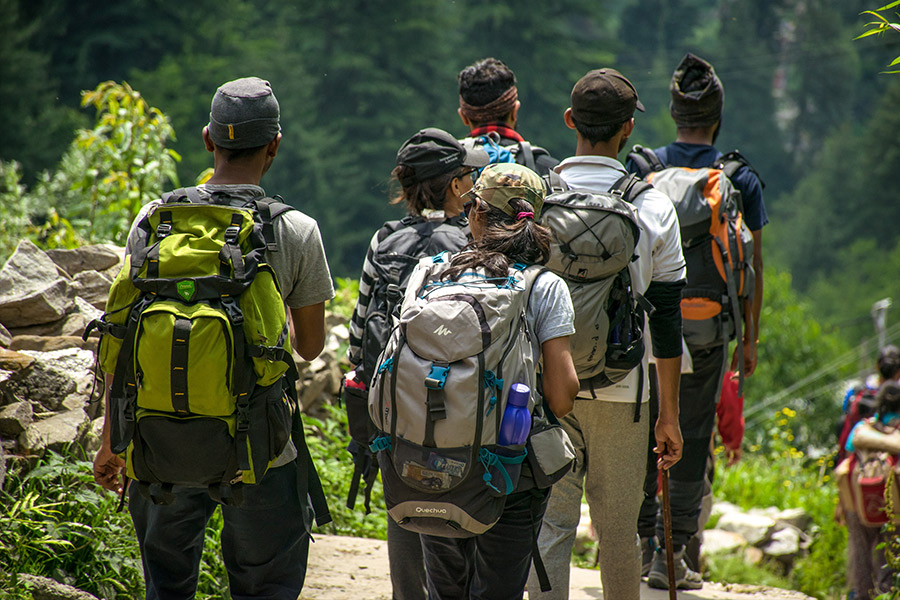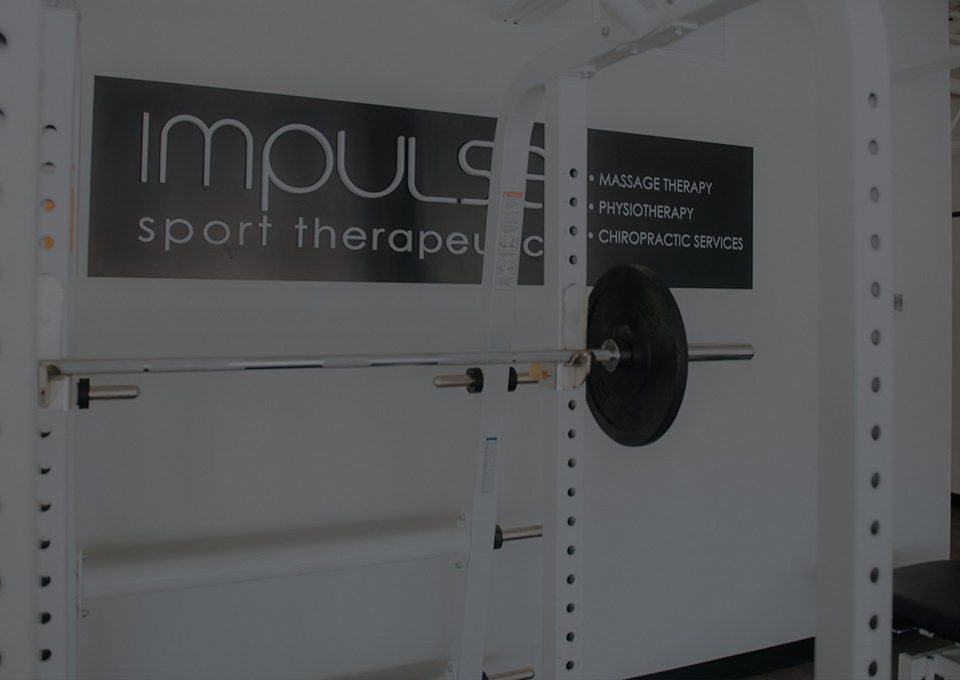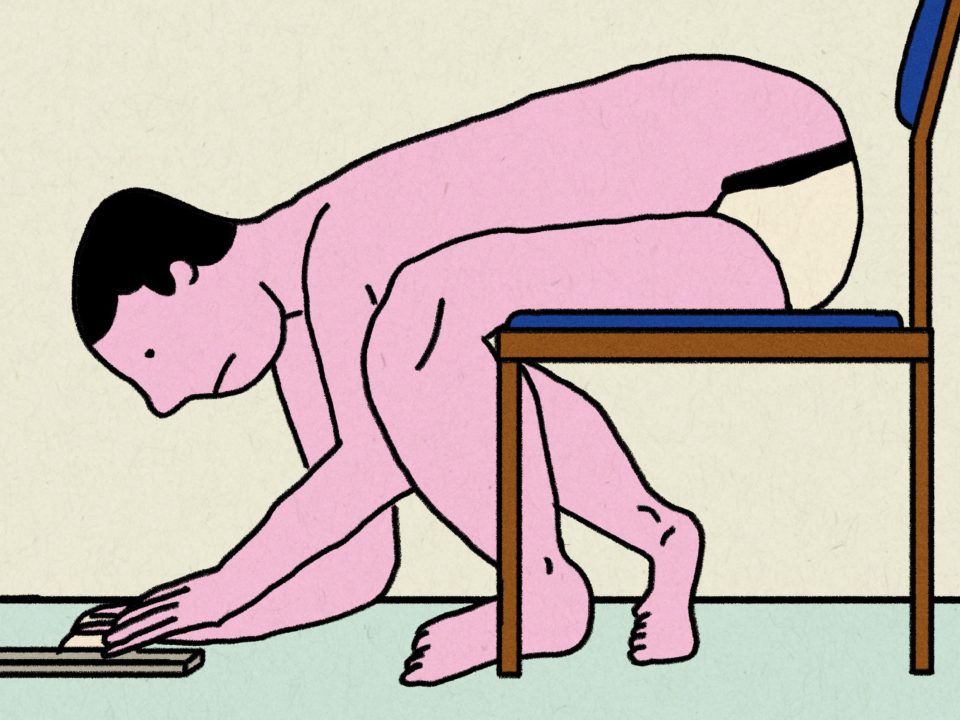Prevent Back Pain: How To Pack A Backpack For Hiking And Camping
Spare Your Spine This Summer:
Throngs of Vancourverites spill into the mountains during the summer months to enjoy the natural bounty of beautiful British Columbia. Unfortunately, for most of these weekend warriors, their much-anticipated romp in the wilderness often culminates in their bodies wishing they’d just stayed poolside. One great way of sucking the joy from a scenic hike is by strapping what feels like a small refrigerator to your back and lugging hundreds of unnecessary pounds of gear up the mountain. While it results in a busy time of year for those of us in the physical therapy profession, we’d rather you spent more time in the sunshine and less time on our tables. So, follow these steps to packing light and staying injury free during your next adventure!
Avoid Injury With These Nine Essential Hiking & Camping Tips
It’s not a fashion contest, leave the extended wardrobe at home – Being prepared for the elements is one thing, but, bringing multiple colors of the same item just for the sake of variety on Instagram is a sure-fire way to bog down your bag. If you’re only going for the day or a few nights, one of each of the basics is more than enough. We promise nobody will judge you for the melted marshmallow smeared on your pants from the previous night’s S’mores. Extra shoes, bulky jackets and anything made of cotton will add weight quickly to your bag. Plan to wear multiple thin layers and adjust accordingly.
Plan ahead and ditch the non-essentials – Having a game plan before you head out goes a long way to picking and choosing your gear. Knowing the activities you plan on doing and the places you plan on going allows you to anticipate what gear you’ll need and what can stay in the closet. Even if planning ahead isn’t your thing and you like to go where the wind takes you, having the bear essentials can keep things simple and spare your back. Less is more right?
Rope is lighter than poles – Few things beat a warm sturdy tent when camping in the frigid winter but when the weather is warm there are alternative options. Bulky tent poles can add weight on long trips and aren’t always necessary. Several rope or inflatable tent options exist now that can cut back on the weight of your chosen shelter. In addition to tent options, camping hammocks have become quite popular with several brands offering insulated or covered options for added comfort. Not only do you save weight on a tent but you also remove the need for a mattress when opting for a hammock.
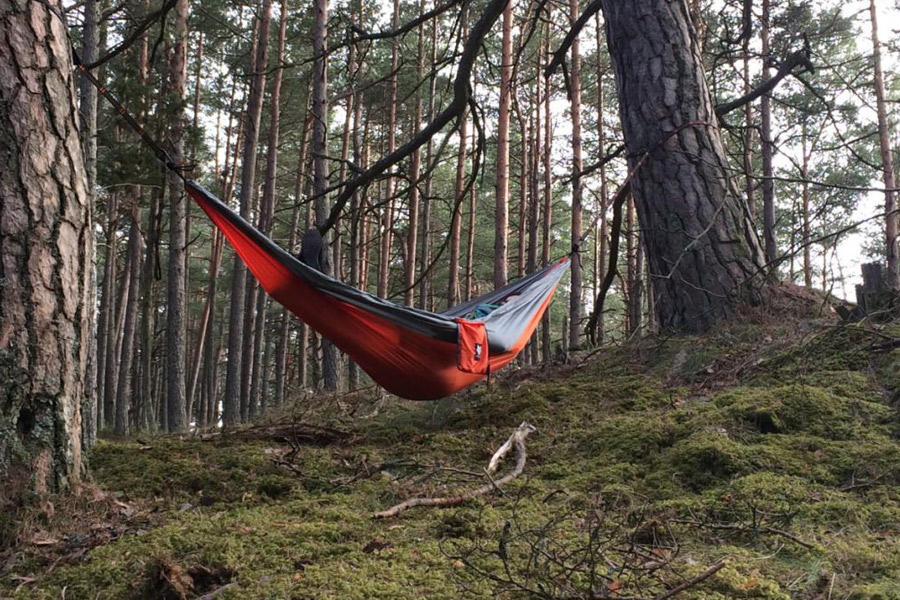
Image Courtesy of Independent Wolf
Bag it and tag it – Food is packaged for aesthetics on the shelves, not efficiency in a bag. Cut down on bulky food packaging by combining foods into ziplock bags and condensing condiments into more travel friendly containers. In addition, preparing meals before your trip simplifies not only the packaging and transportation of food but can also limit the amount of cooking equipment needed while in the back country.
Simplify your cookware – Speaking of cooking equipment, contrary to popular belief, no, you don’t need that camp-friendly ice cream maker or the zucchini spiralator to enjoy your time in nature. Camping and hiking is about roughing it and getting back to basics, not toting around the creature comforts you’re accustomed to back home. Ditch the espresso maker and stick with the basics. Tin foil goes a long way when you know how to use it.
Find alternative water sources – Staying hydrated is key during hikes in the summer but strapping multiple litres of the good stuff to your back can do more harm than good. Planning a route to include safe and reliable water sources along the way can save you the trouble of packing it along. Streams and natural wells can be quite abundant if you know what you’re looking for and there are numerous options for making sure the water is safe. Water treatment pills and filter straws or bottles get the job done and if all else fails, boiling water can get rid of most of the nasties.
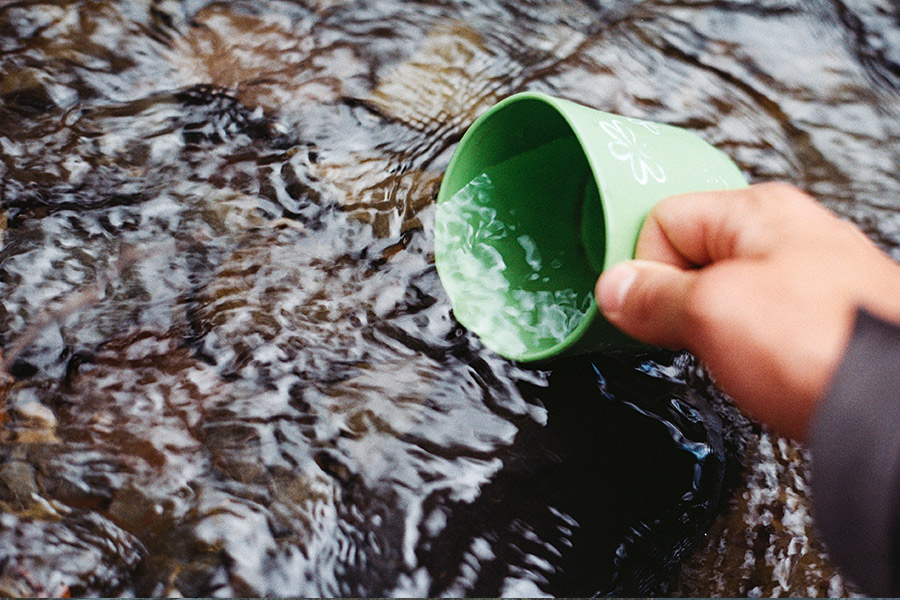
Don’t cheap out on gear – Gear options have progressed by leaps and bounds since the days of yore. Lighter materials, collapsible items and multi-purpose tools have elevated camping and hiking gear to new levels of efficiency. Saving a few bucks on a backpack seems like a good idea when you’re handing over the dough, but when the heavy cheap materials start weighting you down on the mountain you’ll wish you’d coughed up a little more to spare your spine.
Sharing is caring – If you’re hiking with a group of people make sure you spread the wealth. Share the load evenly by weight to make sure one person isn’t carrying the heaviest gear. Simply packing bags by volume can be deceiving and leave one person toting more than their fair share.
Learn from your mistakes – If you enjoy hiking, odds are you’ll be doing it more than once. Every adventure in the woods can serve as an opportunity to recognize what you did right and what you did wrong. If, after five camping trips, your teapot hasn’t been pulled out of the plastic film you bought it in, odds are you don’t need to bring it on your sixth. Pay attention to what items go unused or are redundant and leave them at home next time. In addition to what is in your bag how you load it can make a big difference as well. Keep the heavier items closer to your centre of gravity to reduce the strain on your back. Building up your hiking volume slowly also ensures your body can handle the trip without injury.
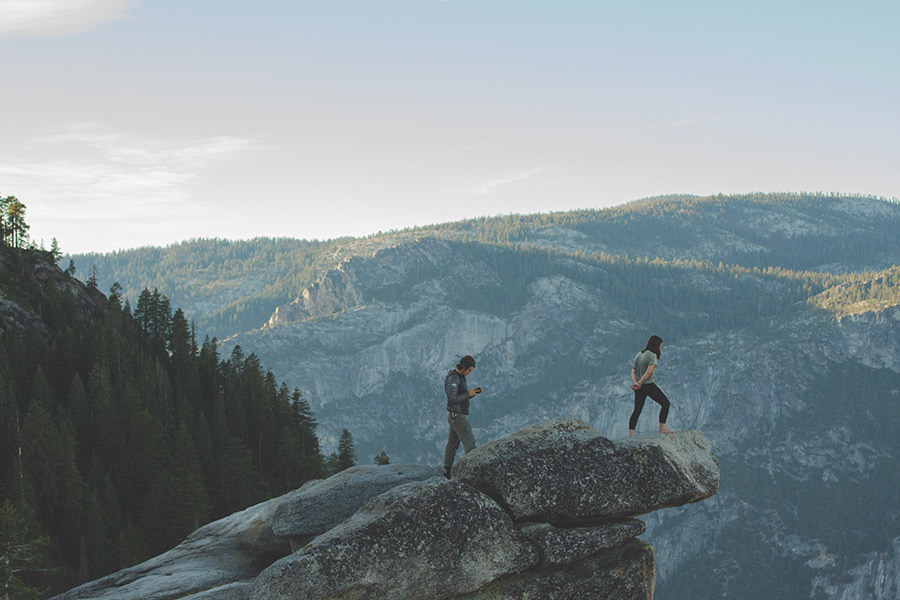
If You Have Already Buggered Your Back, Then Book An Appointment
Visit the West Vancouver Clinic or the Port Moody Clinic to see how we can help you.
Let’s get you back in the wilderness.


